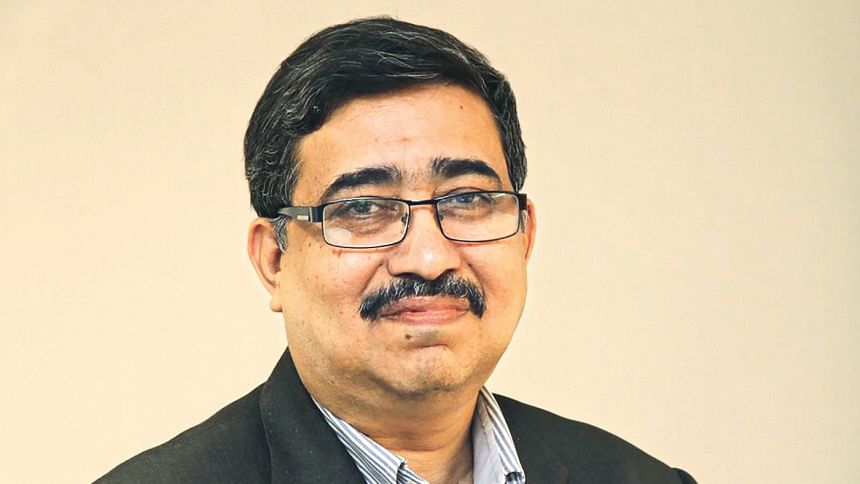What does it take to be a CEO?

The role and duties of a chief executive officer have changed a lot over the last 15 to 20 years. Becoming highly knowledgeable about technology is now a job requirement. Both internal and external stakeholders have become much more demanding too.
CEOs must spend a great deal of time on the well-being of their employees, both physical and mental. Sincere consideration of environmental, social and governance-related issues has become an integral focus of companies, and this requires CEOs to regularly address social issues. This was not the case a couple of decades ago.
Since the 2008 financial crisis, volatility has become the norm and not the exception, and therefore, business leaders have to constantly manage external disruptions. Covid-19 has added even more to the mix of ongoing instability. Thus, the CEO of today and the future has to be agile and courageous to handle unpredictability.
The preparation process for a rising CEO or an executive who is about to become a CEO is rigorous. It can be a personal and challenging experience that requires the candidates to consider matters across a broad spectrum.
Potential CEOs must be ready to embrace the fact that they are about to move from a private to a highly public persona because the CEO is the ultimate link between the inside of a business enterprise and the external world with which the company interacts. Immediately upon becoming a CEO, one has to deal with a much greater and expanded range of stakeholders.
Value creation is a key responsibility of a CEO. No matter how well-thought-out a CEO's value-creation agenda is, their success will depend on the deployment of the right talent against the most critical objectives and initiatives of the company. CEOs must act quickly when there are constant shifts and changes in talent acquisition and retention.
No matter how great a future CEO candidate may be in their past or current role, they must accept that they will never truly be ready to become a CEO because a lot of learning and development can only come from actually doing the job.
There will be some trial and error. For example, an executive with a good operations background could face difficulties in running company-wide initiatives. Someone with little or no exposure to the board of directors may find themselves figuring out the intricacies of engaging with the board. A rising CEO must accept that there will be many things that they don't know. Therefore, a meaningful preparation will help.
CEOs may have to become a "know it all". This does not mean having deep expertise on all matters but having a good amount of familiarity with multiple disciplines.
Obtaining feedback from a wide range of sources will be an ongoing and nonstop process. Reaching out far beyond the senior team is going to be the norm. The CEO will have to know the business from the ground up and for this, the CEO will need to connect with the people who actually do the work every day.
Great CEOs regularly reach out to customers who engage with the company's sales department, suppliers whose requirements impact everything from retail touch-points to investment allocation, leaders from other industries, experts on regulatory, technological, and geopolitical matters, and various external stakeholders.
The author is an economic analyst

 For all latest news, follow The Daily Star's Google News channel.
For all latest news, follow The Daily Star's Google News channel. 



Comments